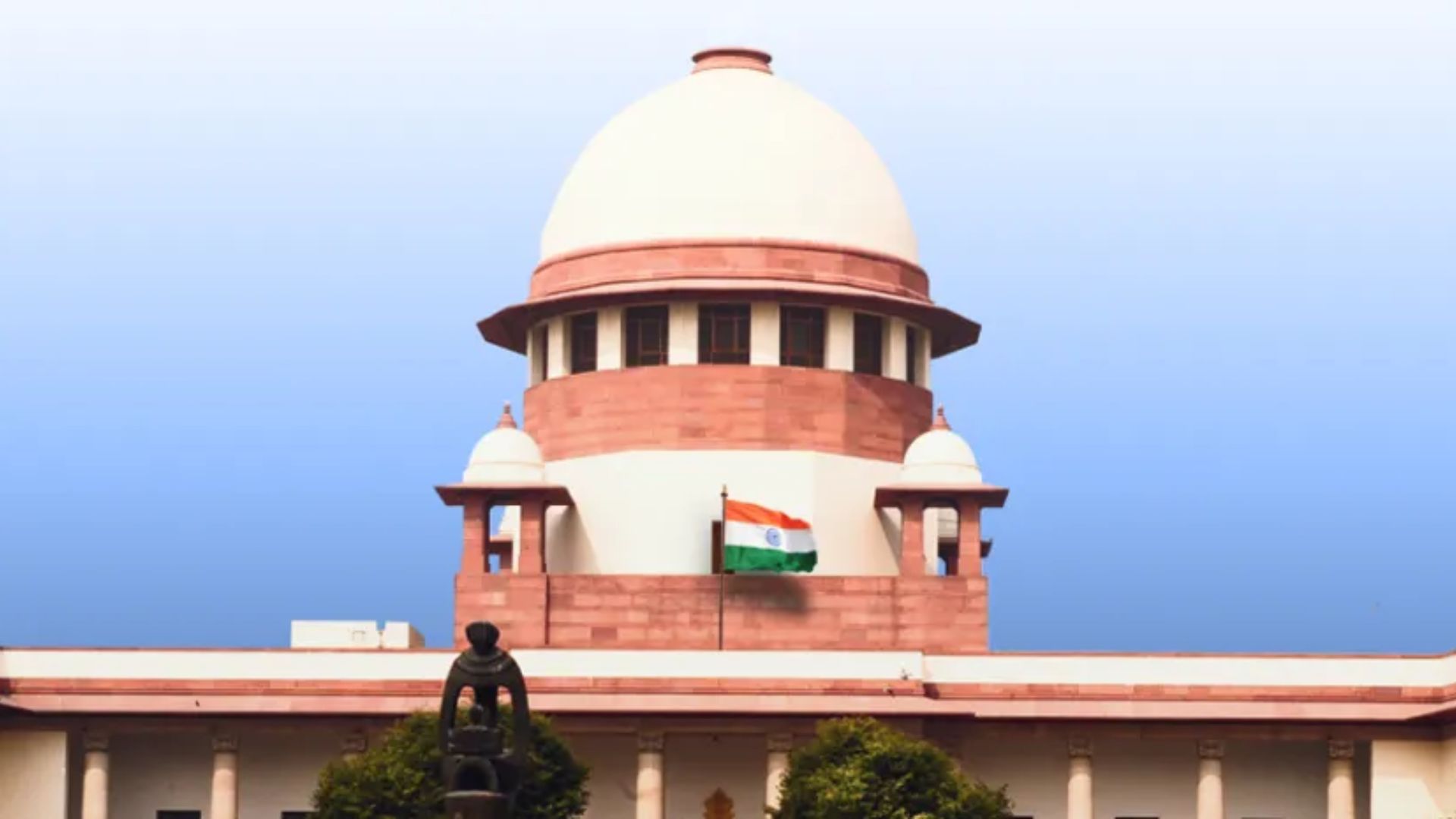The Supreme Court on Tuesday dismissed the criminal proceedings against Army personnel implicated in the killing of 13 civilians during a botched operation in Nagaland’s Mon district in December 2021.
In its ruling, the apex court stated, “The proceedings in the impugned FIRs shall stand closed. However, if sanction is granted, it may be taken to its logical conclusion. On disciplinary action, we have said the Armed Forces can do the needful.” This ruling leaves the door open for future prosecution should the necessary government sanction be granted.
Tragic Incident in Nagaland’s Mon District
The tragic incident took place on December 4, 2021, when an Army team, mistaking a group of coal miners for militants, opened fire on a truck in Oting village, killing six civilians. The attack sparked unrest in the area, leading to more violence. Security forces allegedly fired again during the chaos, resulting in the deaths of seven additional civilians.
Impact and Fallout
The killing of these 13 civilians led to widespread outrage across the region and raised concerns over military operations and accountability in insurgency-affected areas. Following the incident, multiple FIRs were filed, leading to the involvement of the Supreme Court in the case. However, with this latest ruling, the proceedings have been quashed, though internal disciplinary action within the Armed Forces may still proceed.
These ruling highlights the ongoing debate about the balance between military operations in insurgency-prone areas and civilian safety. The incident continues to resonate in discussions surrounding security protocols in such regions.







